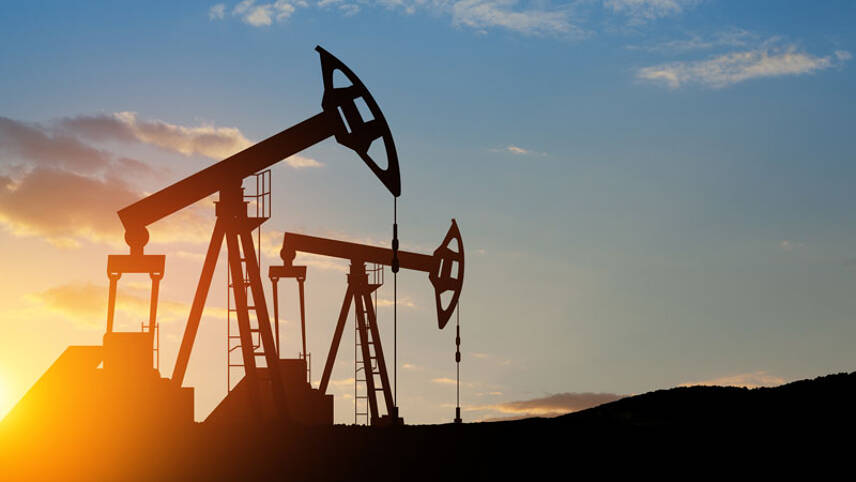Register for free and continue reading
Join our growing army of changemakers and get unlimited access to our premium content

The Agency has today (14 June) stated that global oil demand is likely to continue rising until 2028; it is forecasting a 6% increase on 2022 levels.
Demand growth is likely to be led by the petrochemicals sector, particularly for plastics production. The aviation sector is also likely to step up demand as it grows.
Yet, at the same time, demand for oil for road transport will likely peter out. The IEA anticipates a steeper reduction in demand post-2026, as vehicles become ever-more fuel efficient and as biofuel blending becomes more common.
Moreover, the EV market is positioned to grow exponentially. Markets including the UK, EU and the State of California have set firm end-dates for the sale of any new cars and vans with internal combustion engines in the 2030s.
The IEA is forecasting that the world is likely to hit peak oil demand either in 2028 or soon after. 2028 is the last year that its new medium-term analysis, published today, covers.
“The shift to a clean energy economy is picking up pace, with a peak in global oil demand in sight before the end of this decade as EVs, energy efficiency and other technologies advance,” said the IEA’s executive director Fatih Birol.
“Oil producers need to pay careful attention to the gathering pace of change and calibrate their investment decisions to ensure an orderly transition.”
On this latter point, the IEA believes that the world’s largest oil producers are still planning to build capacity even as demand growth slows. This trend is most pronounced in the Middle East.
Global upstream investments in oil and gas exploration, extraction and production are on course to reach their highest levels since 2015, growing 11% year-on-year to $528bn in 2023. The IEA does note that the impact of higher spending has partly been offset by inflation, but, nonetheless, this level of investment will see supply exceeding demand.
This level of investment is also beyond the limit needed for a world that reaches net-zero greenhouse gas emissions by mid-century.
Earlier this month, the Organisation of the Petroleum Exporting Countries (OPEC+) confirmed it would go ahead with plans to cut oil production for the remainder of 2023. It did so in response to falling wholesale prices, in an attempt to keep prices higher. The bloc, spearheaded by Saudi Arabia, will cut its output from around 10 million barrels in May 2023 to around nine million barrels for each remaining month.


Please login or Register to leave a comment.